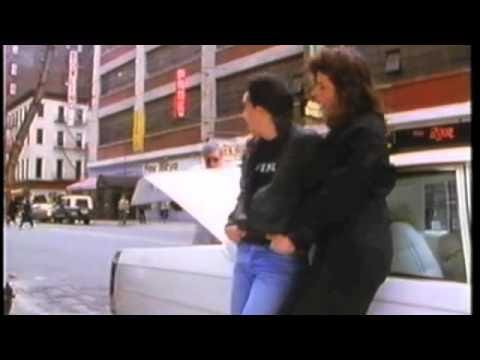I asked some professional gambler types what they thought was the best movie scene about gambling. It didn’t have to be in a gambling movie per se, but it had to be a scene about gambling. I got some very strong answers including THE scene from Rounders, as well as its seeming polar opposite from The Cincinnati Kid1. This scene from Let it Ride was also suggested by the great writer and podcast host David Hill.
One commenter said that the first matching up scene from The Hustler is the greatest gambling scene in the greatest gambling movie. Although I’m not even sure that’s the best movie in the Fast Eddie Felson series. This might be the best Fast Eddie movie.
Those are all great picks, and the gamblers that suggested them had very strong reasoning, including underlying truths that the scenes highlighted about the lives of gamblers.
My pick is actually the partners meeting from Margin Call. Beyond the obvious “Wall Street as the biggest casino” element that makes it a gambling scene, I like some of the themes that play out in the scene, which extend beyond Wall Street to other gambling games.
The things that I like about the scene are as follows:
The bank isn’t even doing terribly on their mortgage book thus far, but they evaluate the decision in terms of EV. Most recreational gamblers associate having an edge with being up or down. How can you not have an edge if you’re winning? Or at least that’s how they think. So I like that the movie focuses on EV.
They make a decision that’s unhindered by their prior errors and also unconstrained by convention. I mean wouldn’t that be a great way to go through the world? We should all be so lucky to be able to do that. Instead we often double down on errors and act within the confines of what might seem like reasonable approaches. The scene highlights the conflict between these approaches, and the clear decision making prevails.
When you talk to gamblers there is often a part of their thinking which is analytical, and another part which is clever. You could also call the cleverness being street smart. Both of these modes of thinking are represented in the scene. Zachary Quinto’s character represents the analytical mind, while Jeremy Irons’2 character represents the street smart mind. Some of the greatest gamblers have both modes of thinking. For instance, the great advantage player James Grosjean is said to be both the greatest analyst of casino games, and also the best at finding novel ways to beat them.
Strategies for games change based on the game state and the score. Knowing the score of the game is always important for determining strategy. In fact lots of bad game playing, or bad coaching in sports, is just an unwillingness to play the correct strategy based on the score. But this scene has an exchange which draws a big red circle around how important it is to know the score of the game.
From the script:
They look at each other to see if they understand each other.
SAM ROGERS
If you do this you've killed that market
for years. It's over.
JOHN TULD
(Nods.)
SAM ROGERS
And you are selling something you know
has no value.
JOHN TULD
(cuts him off cold)
We are selling to willing buyers at the
current fair market price, so that WE may
survive, Sam.
SAM ROGERS
You'll never sell a thing to any one of
them again.
JOHN TULD
I understand.
SAM ROGERS
Do you?
JOHN TULD
Do you!!! This is it, Sam, this is it!
This is it!
I love it.
-John Reeder
Risk of Ruin Podcast
Suggested by prior podcast guest Houyi, who said this: “This is the objective answer. Gamblers mostly gamble for money and the thrill of victory, but every now and then someone wants to just be the best. I think this is the purest gambling scene because the protagonist doesn’t care about money. He just wants to prove himself the best in his field, and is denied that by the capriciousness of fate. That’s a gambler’s life.”
If you’ve seen the movie and you are now screaming that the only reason the bank is in this position in the first place is because they ignored the warnings of the risk people earlier, I think that is also a crumb that the writers leave pointing to John Tuld’s street smartness. I think they are saying that he earlier took in the information from the risk people and said basically “That’s fine, but let’s see what happens” and then they made a lot of money on their mortgage business while also getting out in time to fight another day. So when they have this meeting in the middle of the night he’s not surprised because he’s been waiting for this day.




Great scene in Margin Call, "speak to me like a golden retreiver" LOLz.
Was it "unhindered by prior errors" to sell before the crash or was made easier in that they never believed in the worthless liar loans they created then misrepresented to pension funds as AAA rated? As you allude to in (2).
Nothing comes close to Rounders. Best representation (and most entertaining!) by far.